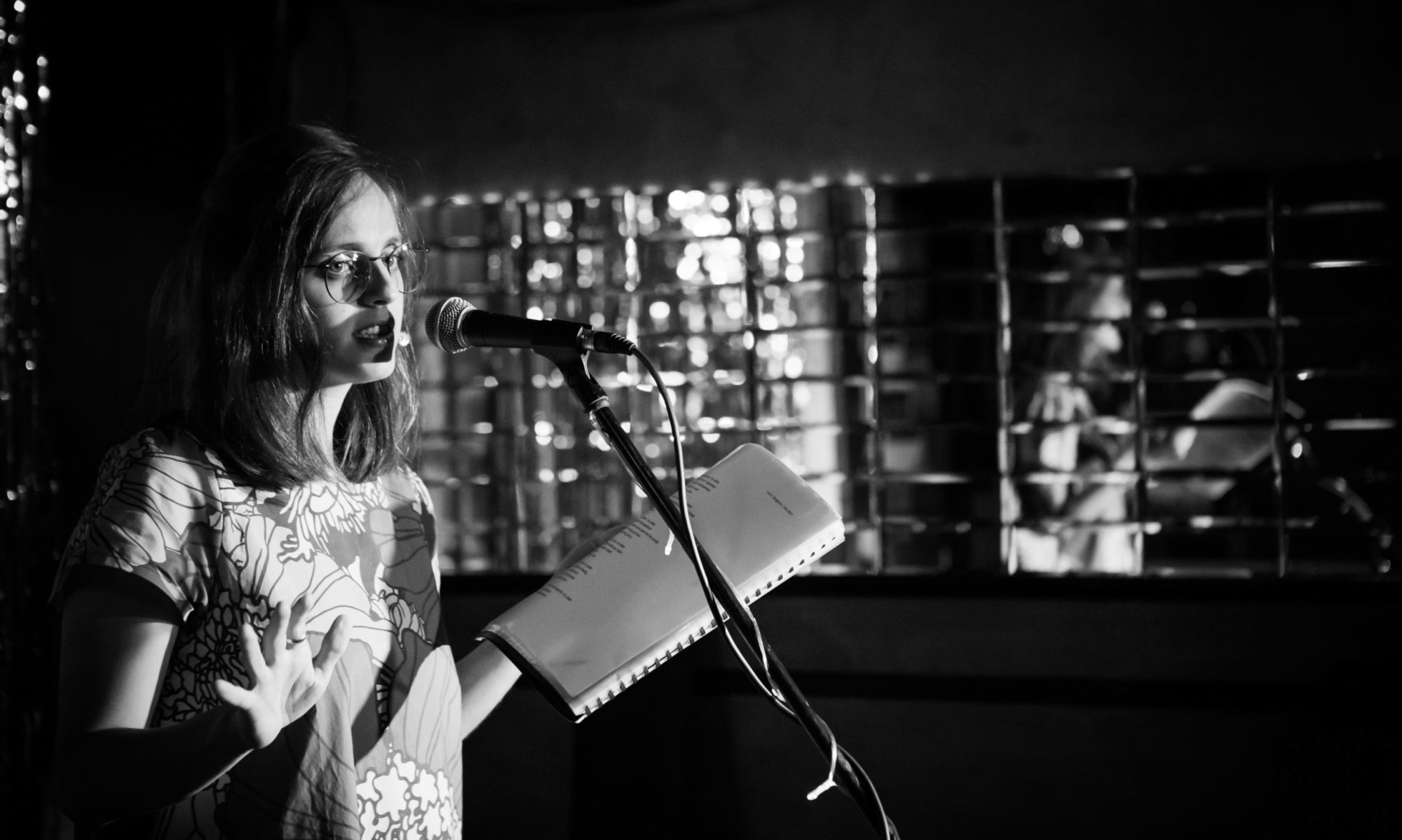Last year feels impossible to summarise, perhaps because living it felt exhausting or all consuming. This was the first year out of lockdowns in a while, and I have also done some huge things, personally and professionally.
Here’s a very brief summary of 2022, a few things I’m grateful for, and my intention setting for 2023.
Personally, in 2022, I:
- had another baby (!!)
- moved house, and set up a home in a new area
- had overseas family visits
- became an Australian citizen, then voted in a victorian election
Professionally, in 2022, I:
- completed a full year of practicing as a Provisional Psychologist.
- completed the final project of the ABC top 5 Arts residency and released a radio package about disability representation in fiction through The Book Show.
- have produced, created and hosted the second season of the (Un)marginalised Podcast, which included a live, hybrid recording event with an audience, as a part of Melbourne Fringe Festival. What an honour to have a physical and online rooms filled with people who engaged in the conversation I had with Carly Findlay about disability, ableism, intersectionality, and more.
- officially became a published author when the book We’ve Got This came out with Black Inc. books (edited by Eliza Hull). I was also lucky enough to have a launch event at Readings, talk about my experience, and participate in a book panel about parenting with a disability as a part of a Mother’s Day event.
- spoke at a medical conference for the first time IRL: about disability, ableism inclusion and anti-ableism work
- was appointed editor of Writing Place 2022 by Arts Access Australia. What a privilege it was to read the works of disabled creators and curate a magazine filled with talent, wisdom and authenticity.
- had my first live radio interview with 3RC, talking about writing disabled parenting. Find it here.
- was interviewed for 9 News about my experience of anticipating birth as a disabled person during the covid restrictions. Find the article here.
- Was published in ABC Art. I wrote about disability representation in fiction. It was so great to speak with two disabled authors I respect and admire for the article and the radio package.
A few things I am grateful for over the last year:
- Being supported by family, gifted family & chosen family in the transition to becoming a family of five (Chilli included)
- Asking for help when things got hard and prioritising just enough self-care to sustain my health
- Visits from overseas family and spending time together
- Moving house and starting to make it our home
- Having multiple opportunities to write, advocate, educate, train and speak with people and groups or organisations about disability, justice and intersectionality
- Getting to know new people, and connecting with people who engaged open heartedly with the content and with us
- Growing my Patreon community that supports my website, podcast and advocacy work
- Becoming a published author
Intentions for 2023:
- Focus on completing as many requirements for my internship as possible
- Form a new writing group
- Create a writing routine that fits with my other commitments
- Prioritise self-care and form routines for exercise and sleep
- Spend my kids’ day doing enriching activities
- Rest
- Be present
Thank you for all of your support over the last year!
A special shout out to Sally Bridgford and Yaron Kenigsman for their Patreon support! Could not have done everything without you ❤️
If you want to get more behind the scenes content my Patreon account is on https://www.patreon.com/LielKBridgford
Until next time,
Liel K. Bridgford

![[Image description: an open laptop on a timber dining table. On the screen is the main page of the ABC news website, with Liel's picture under the title 'Featured'. The title under her photo reads 'Our literary world still has a long way to go for disability representation in fiction.']](https://i0.wp.com/lkbridgford.com/wp-content/uploads/2022/03/IMG_2748-1.jpg?w=525)


![[ID- Liel holding the book We’ve Got This: Stories by disabled parents in their hands. They’re wearing a flowery shirt and has a wide smile on their face.]](https://i0.wp.com/lkbridgford.com/wp-content/uploads/2022/03/D72167F5-7CD4-4868-9FF4-7993CADD5C59-5.jpg?w=525)



